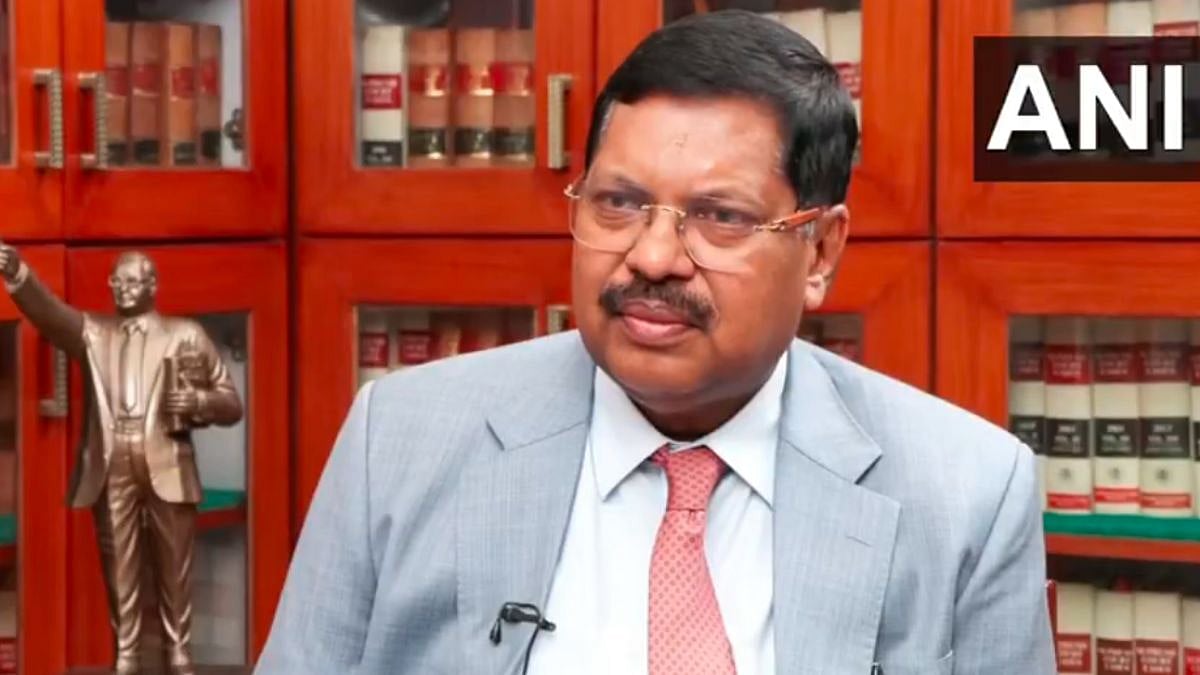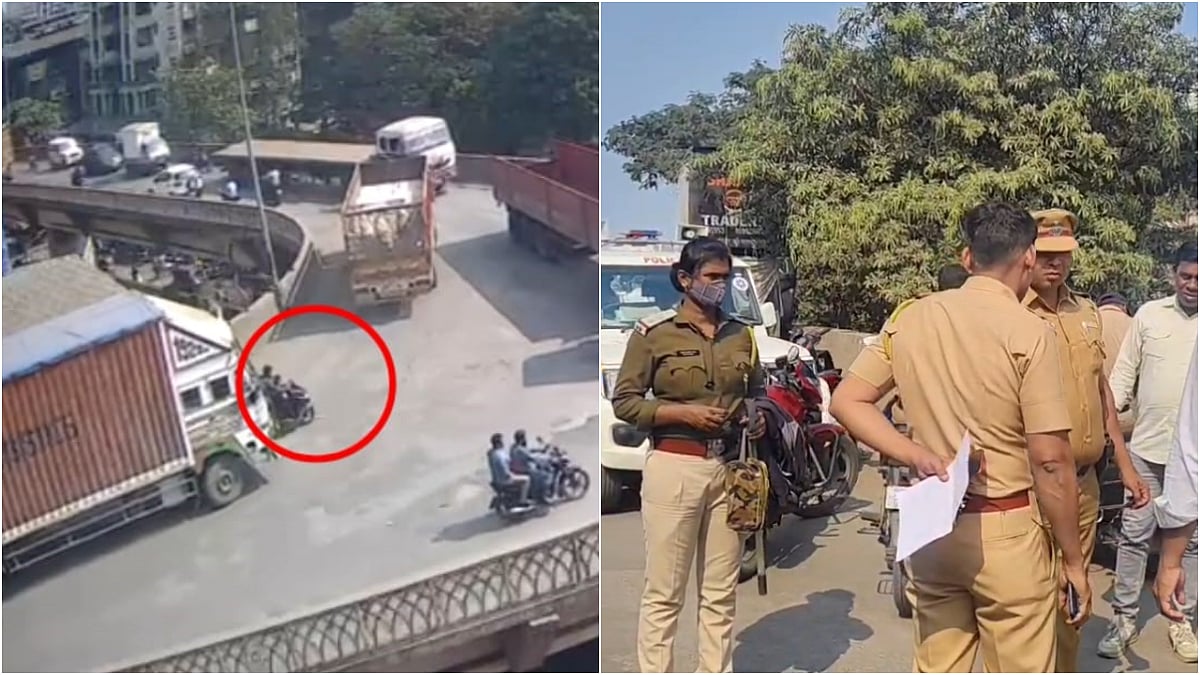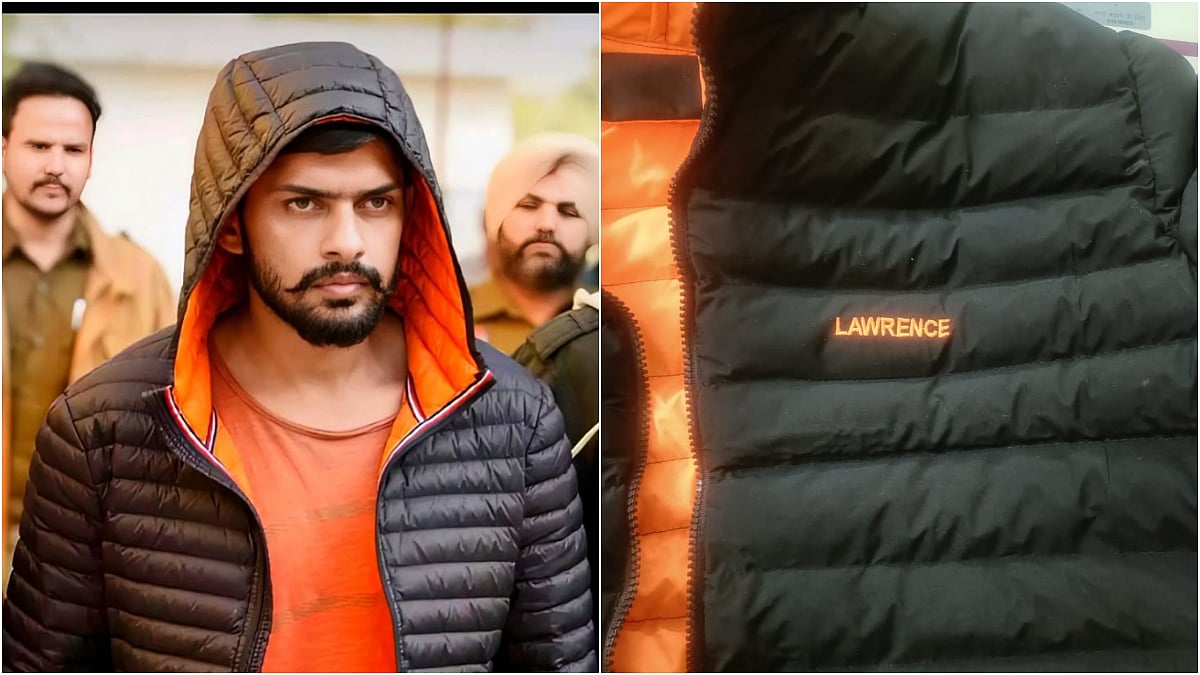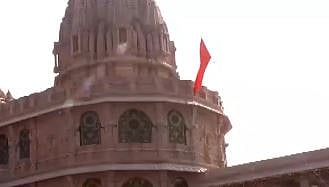New Delhi: Former Chief Justice of India BR Gavai, who demitted office on November 23, has said that he never faced pressure from executive or political leaders and that the Collegium system of appointment of judges is transparent, and allegations that it is opaque are not well-founded.
In an interview with ANI, he also said that it is not necessary to have fixed tenure for CJIs and Supreme Court judges.
"No, genuinely no...," he said when asked if he ever faced any pressure from the executive or politicians.
Firmly asserting the independence of the judiciary, he emphasised that India's Constitution rests on a clear separation of powers among the legislature, executive and judiciary.
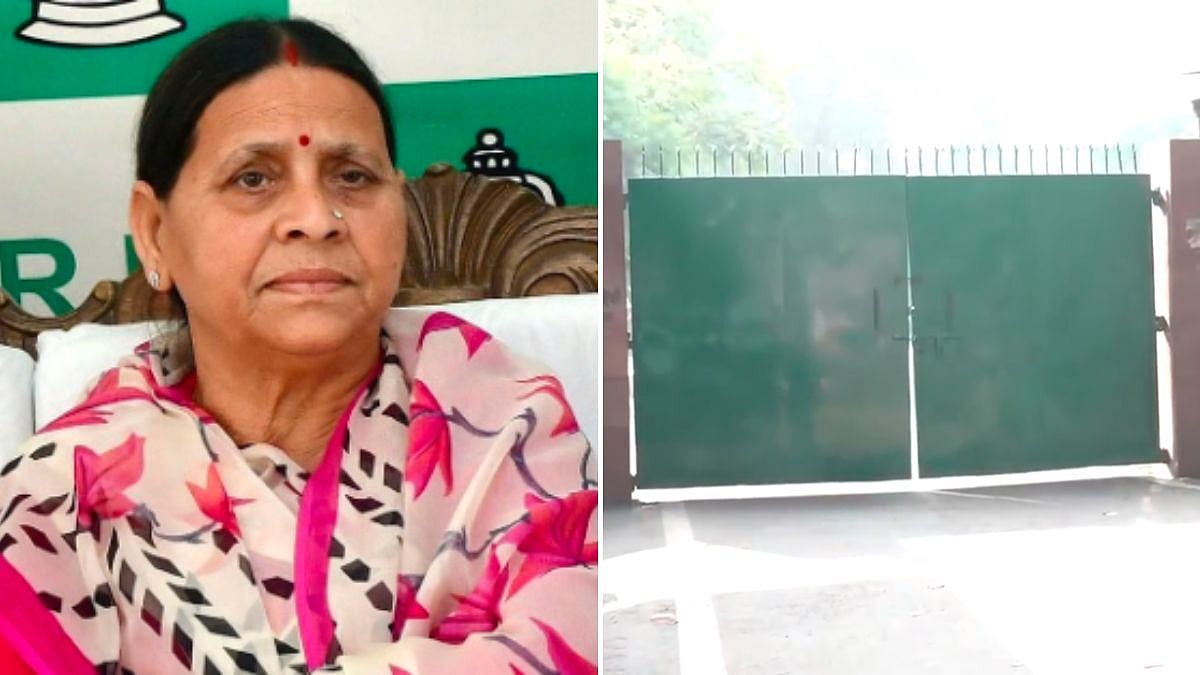
Reflecting on the scope and limits of judicial intervention, Justice Gavai reiterated a caution he has voiced before: "There are limits within which judicial activism should act. As I always say, judicial activism should not turn into judicial terrorism."
He explained that while the judiciary must step in to protect vulnerable citizens who are unable to approach courts due to socio-economic barriers, this power must be exercised within constitutional boundaries.
"Permitting a person to approach the court on their behalf fulfils our promise of economic and social justice. But even then, judicial activism cannot cross its limits," he said.
He also spoke about the Supreme Court judgement in which it had termed the "bulldozer justice" - some state authorities demolishing houses of people accused of crimes - unacceptable under law.
He described it as a stark case of executive overreach where the State, instead of following due process, assumes the role of a judge.
Recalling the Supreme Court's intervention in demolition cases, he said the Court stepped in after observing that authorities were razing homes without notice, legality, or accountability.
Citizens' voices cannot be throttled by a threat of destroying their properties, and "bulldozer justice" is simply unacceptable under the rule of law, the Supreme Court had said.
"When merely because a citizen was involved in a criminal act, his house was demolished, this was not only violating his rights and the rights of other inmates of the house, but was like taking the law into one's own hands," Justice Gavai said.
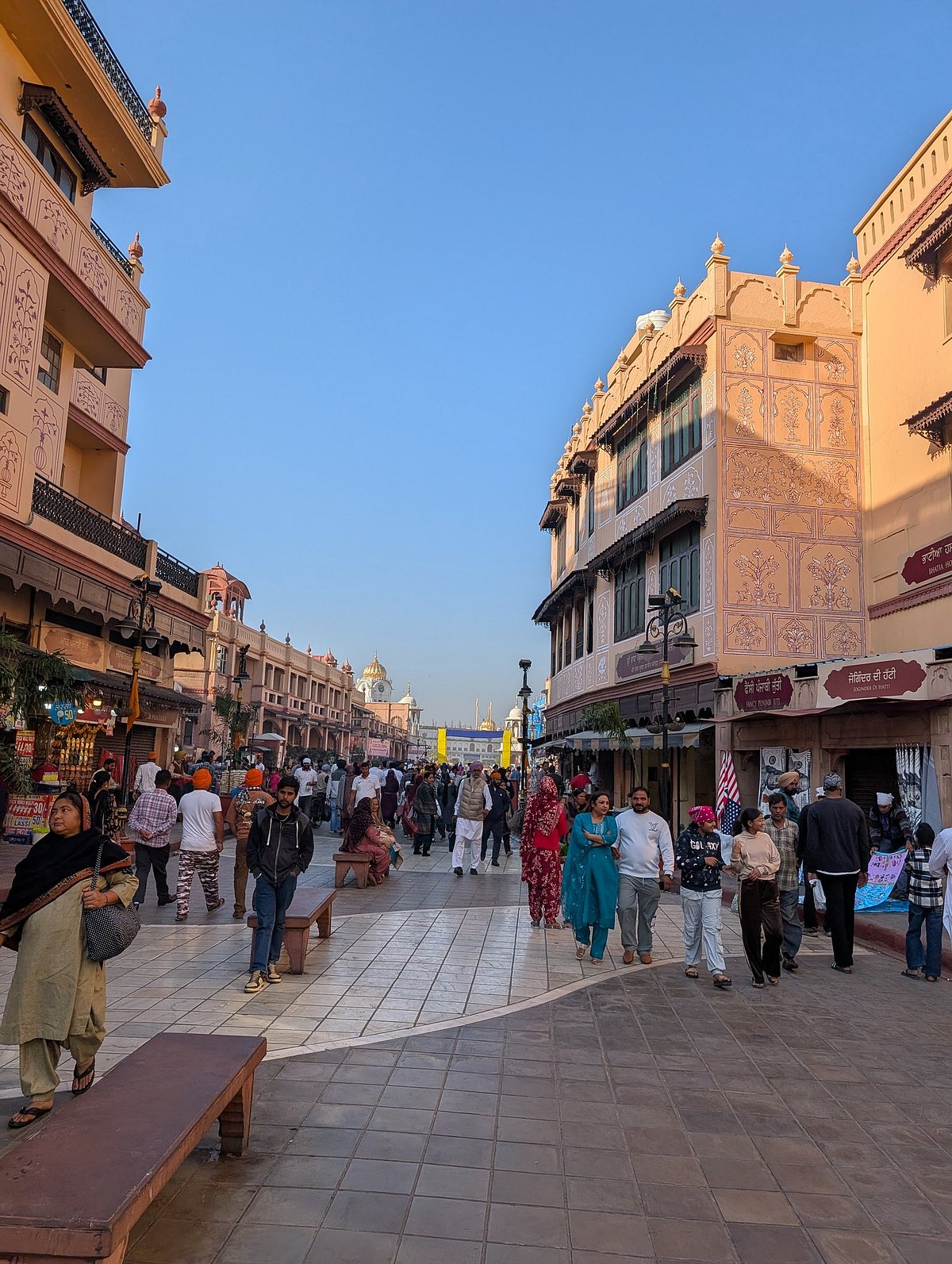
He questioned the moral and constitutional basis of such punitive demolitions.
"What is the crime committed by his family? Why bulldoze their roof?" He warned that such actions punish not just the accused but parents, siblings, children and other innocents, amounting to collective punishment outlawed in any society governed by the rule of law.
He stressed that the Supreme Court had granted citizens the liberty to directly approach High Courts in cases of unlawful demolitions and had laid down stringent directions to ensure accountability. The judiciary made it clear that officials responsible for violating court orders or bypassing due process could face contempt.
He said that if a demolition is found illegal, the government would be obligated to reconstruct the house and recover the costs from those responsible.

"It is a case wherein it is not proper for me to justify my judgment, but I think that would be a case where judicial activism should be promoted, but not beyond a particular limit," he said.
Justice Gavai's tenure lasted six months and 10 days.
"It included summer vacation, Dussehra vacation and Diwali vacation. But I could perform whatever I had anticipated and planned out. I don't think it's necessary," he said when asked if there should be a fixed tenure for CJIs and Supreme Court judges," he said.
(Except for the headline, this article has not been edited by FPJ's editorial team and auto-generated from an agency feed.)
